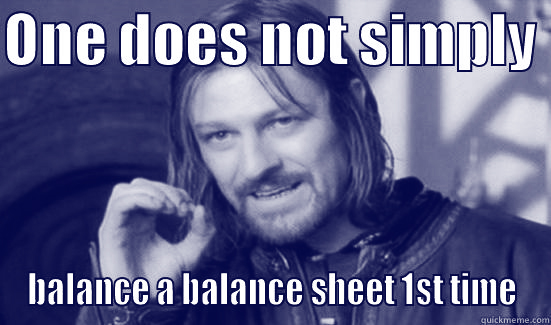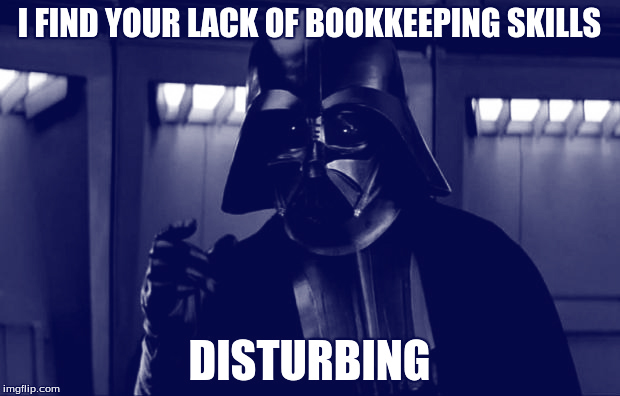











Bookkeeping is the recording of financial transactions, and is part of the process of accounting in business.Transactions include purchases, sales, receipts, and payments by an individual person or an organization/corporation. There are several standard methods of bookkeeping, such as the single-entry bookkeeping system and the double-entry bookkeeping system, but, while they may be thought of as “real” bookkeeping, any process that involves the recording of financial transactions is a bookkeeping process.
Bookkeeping is usually performed by a bookkeeper. A bookkeeper (or book-keeper) is a person who records the day-to-day financial transactions of a business. He or she is usually responsible for writing the daybooks, which contain records of purchases, sales, receipts, and payments. The bookkeeper is responsible for ensuring that all transactions whether it is cash transaction or credit transaction are recorded in the correct daybook, supplier’s ledger, customer ledger, and general ledger; an accountant can then create reports from the information concerning the financial transactions recorded by the bookkeeper.
The bookkeeper brings the books to the trial balance stage: an accountant may prepare the income statement and balance sheet using the trial balance and ledgers prepared by the bookkeeper. – Wikipedia

